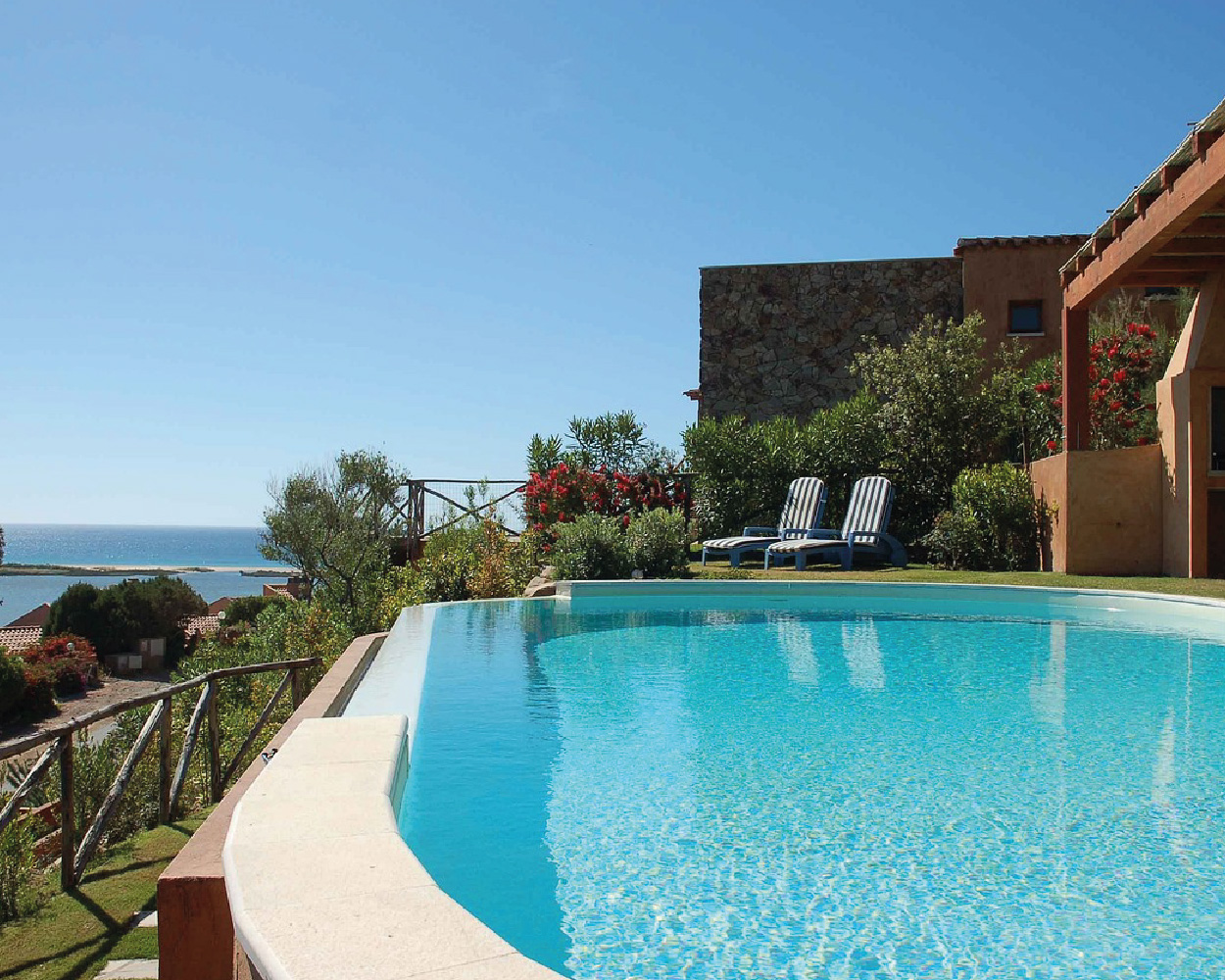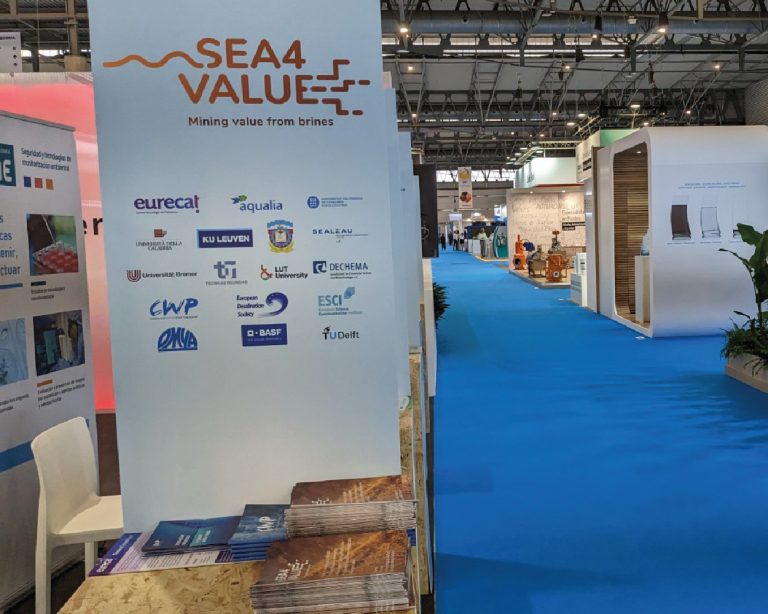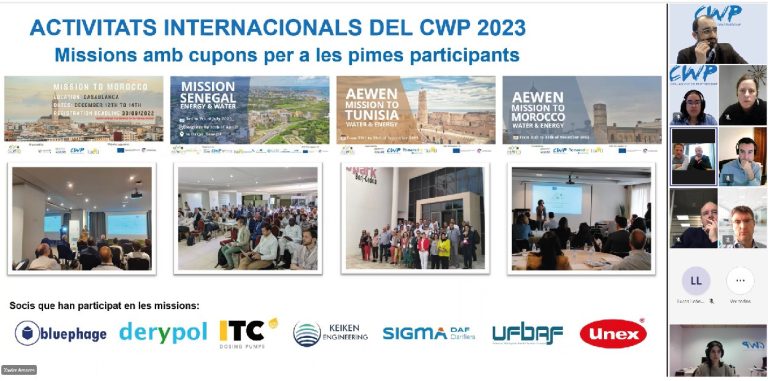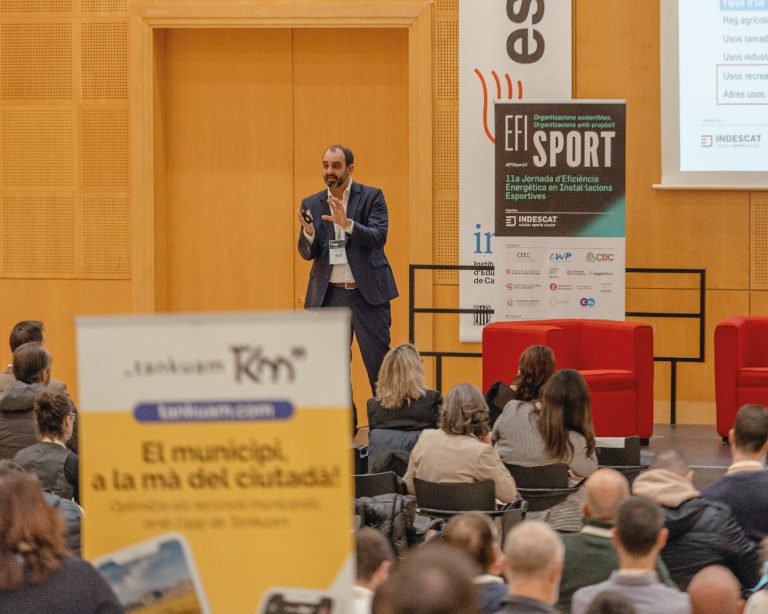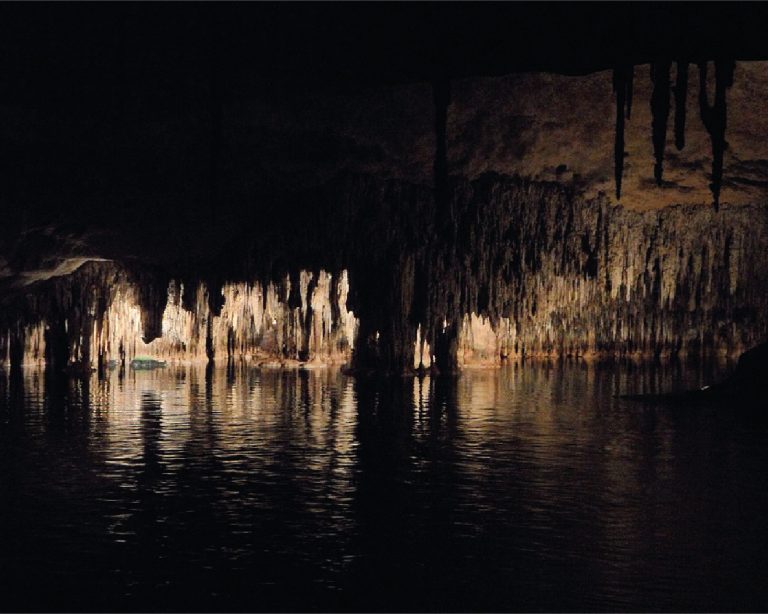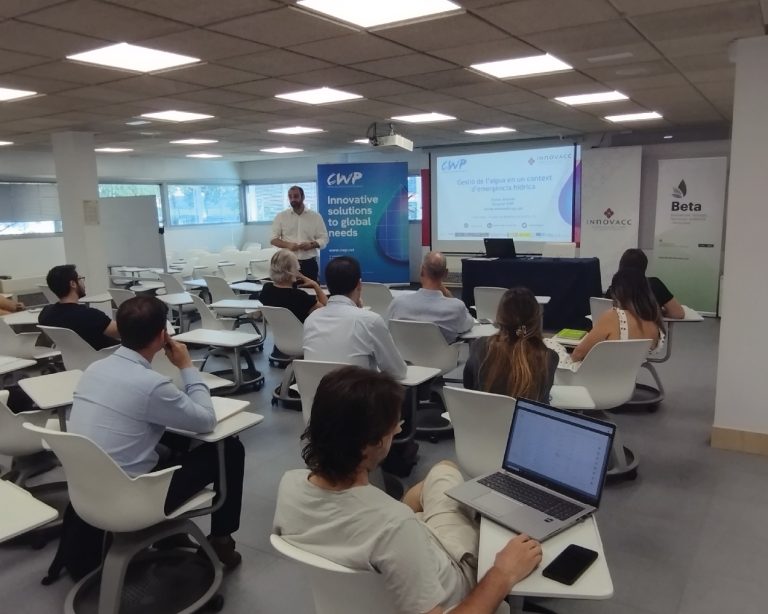SMARTH2OTEL 2.0 faces its second phase to provide innovative and digital solutions to the challenges of water and energy management in tourist establishments
- SMARTH2OTEL 2.0 will allow the integration of sensors and control of various water and energy systems by unifying them in a unique cloud platform.
- The project coordinated by the Catalan Water Partnership, has the participation of Leitat, AERIS Tecnologías Ambientales, LENTE Ingenieros, Ulbios, Nexmachina and the GAIA cluster.
The SMARTH2OTEL project in all its three phases aims to study and develop digital and innovative solutions for the efficient and sustainable management of the water cycle in tourist establishments. The current phase 2 of the project, SMARTH2OTEL 2.0, seeks to consolidate the data of the experimental technological solutions investigated in the first phase and integrate the main water and energy systems in a Cloud pilot control platform and help in the taking of decisions For this reason, during the coming months, 7 entities from Catalonia and the Basque Country will collaborate to respond to the main challenges of water and energy management in the tourism sector.
The first phase of the project, carried out successfully between the months of August 2022 and April 2023, made it possible to establish the foundations of the technologies studied and complement the model with digitization solutions to ensure the sustainability and monitoring of the whole. This second phase aims to consolidate the research of the previous phase to, subsequently, develop and implement innovative and digital solutions for the efficient management of the water cycle in model tourist establishments, promoting the circular economy from the reuse of water and recovery or generation of renewable energy.
The entities participating in the project underline in this regard the importance of “planning a project that has a holistic vision of the management of the water and energy cycle of a tourist establishment”, addressing the following main water and energy management challenges facing this sector:
- Guarantee the quality of water in the processes of a tourist facility, especially those related to human health, such as legionella.
- Minimize the environmental impact of effluent water from these establishments by promoting innovative and advanced solutions (AnMBR, Electrowetland+Vertical wall and advanced disinfection methods) that favor reuse and the circular economy.
- Generate energy from water purification processes or other renewable sources by increasing the efficiency of the management of the water-energy cycle using intelligent systems.
- Digitize the management of the water-energy subsystems of tourist establishments for the intelligent monitoring and control of water and energy resources in the tourism sector.
SMARTH2OTEL 2.0 will allow the integration of sensors and control of various water and energy systems by unifying them in a single Cloud platform, making progress in obtaining a decision-making support system. In the current second phase of the project, analytics and real data will be obtained from two tourist establishments contacted in the previous phase (Hotel Samba and Càmping Les Medes), consolidating the study of technologies for the subsequent development phase.
The SMARTH2OTEL 2.0 project, co-financed by the European Union and the Ministry of Industry, Commerce and Tourism as part of the call for Innovative Business Groups (AEI), started last June and will end in April 2024. The project, led by the Catalan Water Partnership (CWP), with the participation of the technology center Leitat, companies expert in the water and energy cycle, AERIS Tecnologies Ambientals, LENTE Ingenieros, Ulbios, a company specialized in digitization Nexmachina and the GAIA digital cluster . A third final phase of the project is planned which will consist of experimental development on a pilot scale in a real tourist establishment, which will allow the technologies studied in the two previous phases to be validated and whose final objective will be to carry out the optimization of the management of the water cycle incorporating the different technological and digital solutions contemplated in the two previous phases.

